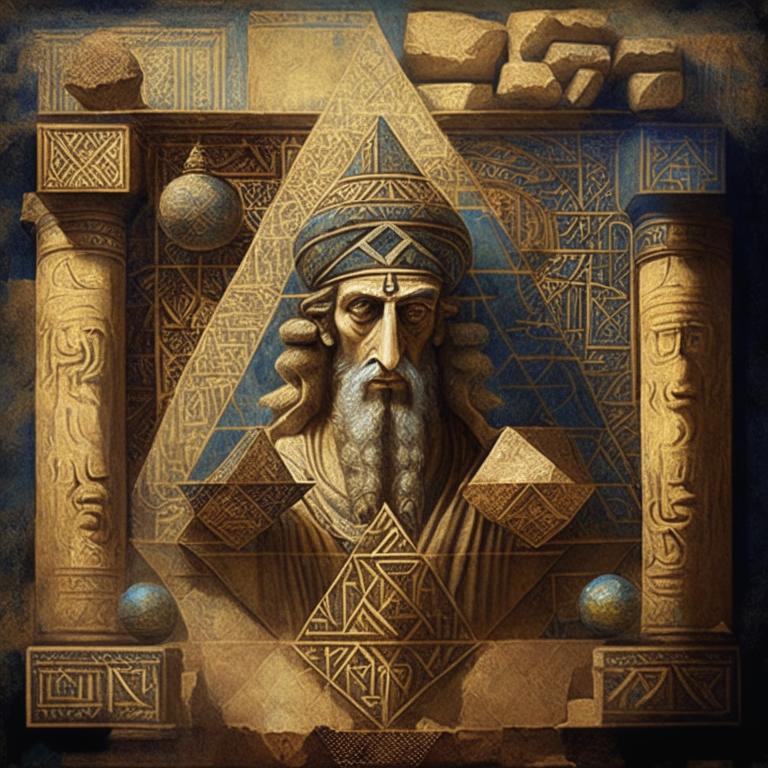Ancient Judaism was the religious practice of the Israelites and their descendants during the time period of the Hebrew Bible, also known as the Old Testament, and the Second Temple period, which lasted from the 6th century BCE to the 1st century CE.
Judaism is one of the oldest monotheistic religions in the world, with its origins tracing back to the biblical patriarchs Abraham, Isaac, and Jacob. The Israelites, their descendants, were the first people to worship the God of Abraham, Isaac and Jacob, who revealed himself to them through Moses at Mount Sinai and gave them the Ten Commandments.
During the Second Temple period, Jewish religious practices and beliefs were influenced by the Babylonian exile and the subsequent return to Jerusalem. The Second Temple was built by returning exiles, and was the center of Jewish worship and sacrifice until it was destroyed by the Romans in 70 CE.
The religious texts of Ancient Judaism include the Hebrew Bible, which is also known as the Old Testament, and other texts such as the Mishnah and the Talmud. These texts provide a window into the beliefs and practices of ancient Judaism, including their religious laws, customs, and history.
One of the most important practices in Ancient Judaism was the observance of the Sabbath, a day of rest and worship that is still observed by Jews today. Other important practices included the observance of festivals such as Passover, Sukkot, and Yom Kippur, as well as the performance of sacrifices in the Temple.
The emergence of Ancient Judaism played a major role in shaping Western civilization, as it influenced the development of Christianity and Islam, and continues to shape the religious and cultural landscape of the world today.






